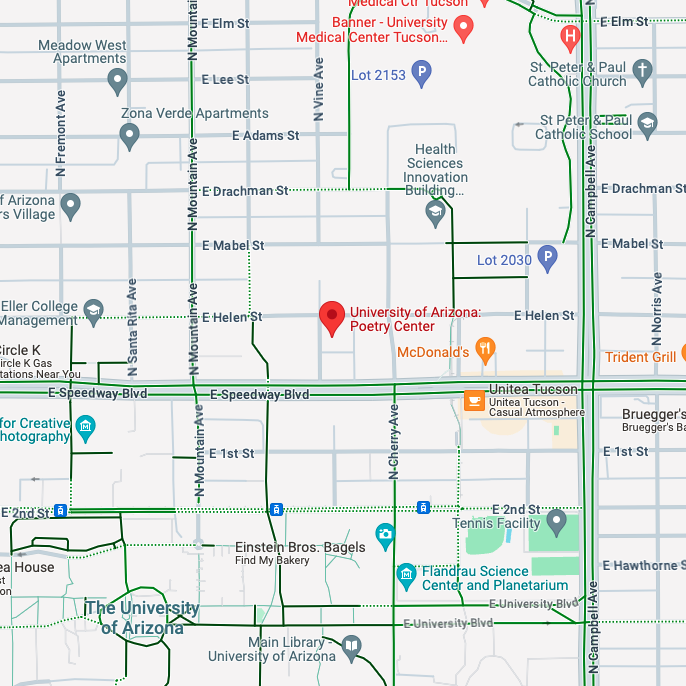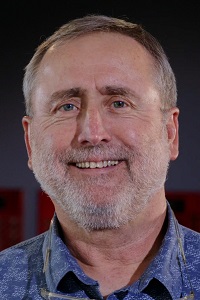Christianity is no longer primarily a western religion. In 1900, 82 percent of all Christians lived in Europe and North America. Today, that percentage has shrunk to 30 percent. Still, there are now just as many Christians across the world as there were in 1900. What has taken place is a dramatic shift toward the southern hemisphere. In areas like Latin America, Asia, and especially Africa, Christianity now accounts for the two-thirds of the world’s Christians. In these areas this religion has become a vibrant tapestry of faith and practice, characterized by a complicated mix of traditional churches, alongside a diverse array of very large, supernaturally oriented congregations and movements. This course delves into this profound geographical and cultural shift in modern Christianity, exploring its causes and widespread implications.
Required Reading
Linda Woodhead, Christianity: A Very Short Introduction (Oxford University Press, 2004).
Dana L. Robert, Christian Mission: How Christianity Became a World Religion (Wiley-Blackwell, 2009)
William K. Kay, Pentecostalism: A Very Short Introduction (Oxford University Press, 2011)
Additional readings will be distributed to students electronically.
Meet Your Instructor
TIMOTHY WADKINS, an emeritus professor at Canisius University and a Designated Campus Colleague at the University of Arizona, specializes in Global Evangelical and Pentecostal Christianity. He’s leading a $2 million research project on megachurches in the Global South, funded by the John Templeton Foundation. Wadkins is an acclaimed author, notably receiving the Borsch Rast book award for his work on The Rise of Pentecostalism in El Salvador.
Location
POETRY CENTER
Dorothy Rubel Room
1508 E Helen
Tucson, AZ 85721
United States
Located on the SE corner of Helen Street and Vine Avenue, one block north of Speedway and three blocks west of Campbell Ave.






